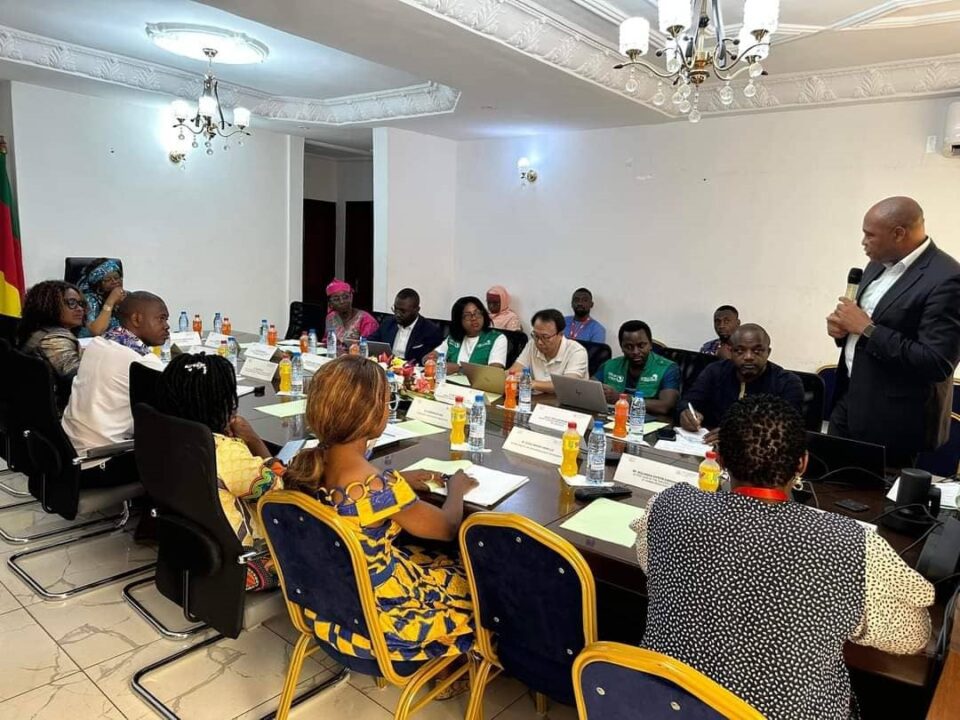Discussions centered on assessing the current capabilities of Cameroon’s healthcare system and identifying specific areas for assistance.
The meeting between the National Blood Transfusion Service (NBTS) and the African Centre for Disease Control and Prevention (AfricaCDC) on November 21, 2024, was an opportunity for both parties to discuss and know the roles of each entity and seek ways of collaborating to combat viral hepatitis B and C in Cameroon. Prof. Dora Mbanya, General Manager of the NBTS, presented the road map of her institution to the AfricaCDC delegation led by Dr.
Both organizations expressed a commitment to working together to ensure safe blood practices and implement rigorous screening protocols to prevent the transmission of hepatitis through blood transfusions. This meeting marks the beginning of a promising partnership aimed at reducing the impact of hepatitis in Cameroon and improving public health outcomes in the country.
The National Blood Transfusion Service plays a critical role in ensuring the safety of blood products. Collaboration with AfricaCDC would help in research and data collection as joint research initiatives between AfricaCDC and the National Blood Transfusion Service could focus on understanding the epidemiology of viral hepatitis in the context of blood transfusions. By collecting and analyzing data on hepatitis prevalence among blood donors and recipients, the partnership can inform public health strategies and improve screening and prevention efforts.
Understanding the Challenge of Viral Hepatitis in Cameroon
Viral hepatitis is a pressing public health issue in Cameroon, contributing to a substantial burden of disease. The World Health Organization (WHO) estimates that millions of people worldwide are affected by viral hepatitis, with hepatitis B and C being the most prevalent forms. In Cameroon, the lack of comprehensive data complicates efforts to combat these infections. Current estimates suggest that a significant portion of the population remains undiagnosed, leading to untreated cases that can result in severe health complications, including liver cirrhosis and cancer. The recent AfricaCDC mission, which runs from November 18 to 22, 2024, aims to evaluate the Ministry of Public Health’s capabilities in combating these viral infections. This initiative is part of a broader continental effort to tackle viral hepatitis across Africa, which has been identified as a major public health challenge that requires urgent attention.
Claudette Chin





